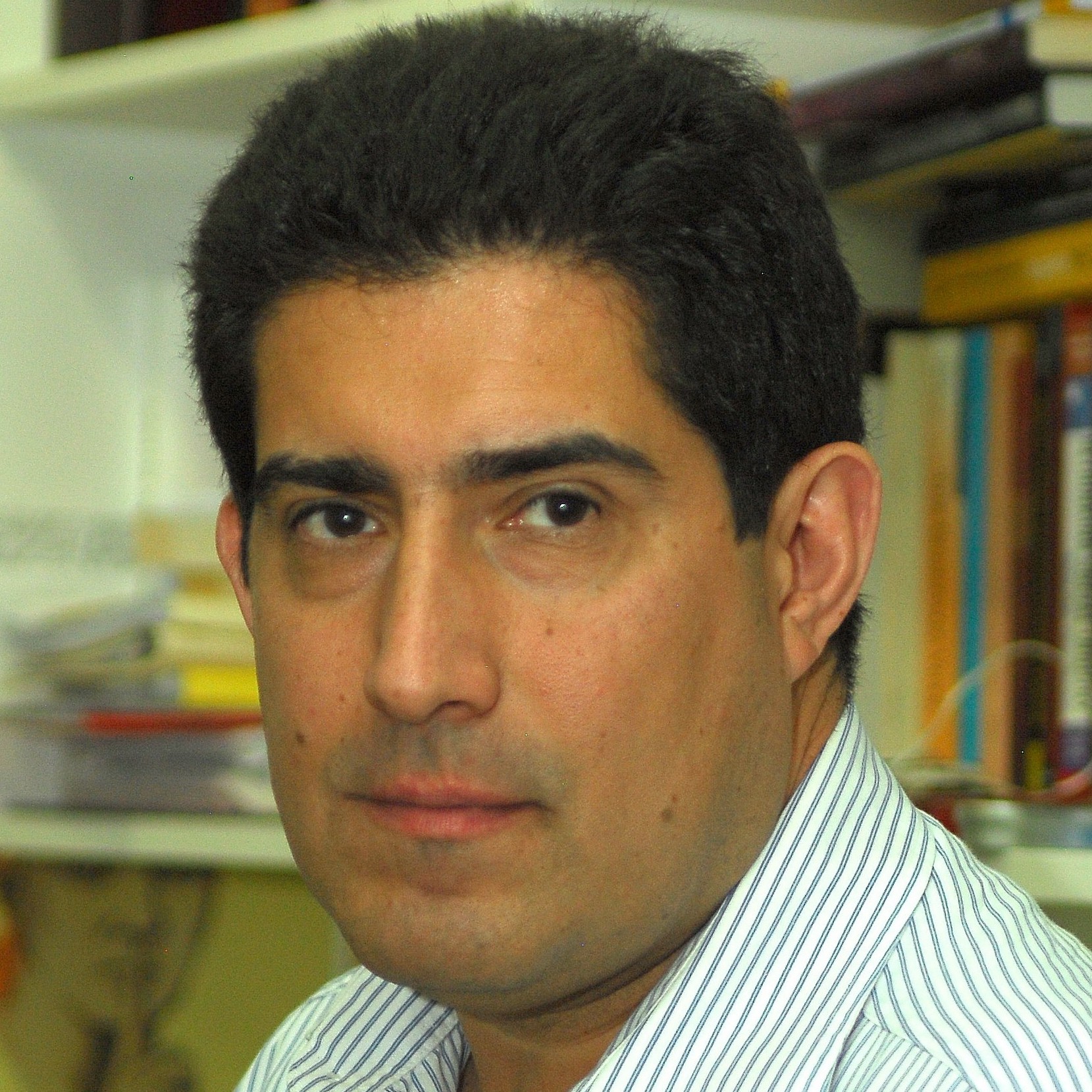The earthquake in Japan and the emergency in the nuclear plant of Fukushima have had an unprecedented effect in Chile on the upcoming visit by President Barack Obama next Monday.
Weeks before the visit, the Sebastián Piñera administration had announced that a cooperation agreement on nuclear energy would be signed during the visit. After the nuclear crisis in Japan, that agreement has become a contentious topic of debate in Chile. Some environmental organizations and the center-left Concertación opposition have seized the opportunity to criticize the government.
Though the treaty will only allow for the preliminary steps toward the possible adoption of nuclear energy in several years from now, like Japan, Chile is also vulnerable to powerful earthquakes. The government has now tried to downplay the importance of the nuclear energy cooperation agreement, but until last week it had highlighted this agreement over dozens of others that will also be signed. As an inevitable result, the Japanese nuclear emergency has produced aftershocks in the political arena in Chile.
Recent controversies over the authorization to build a gigantic thermoelectric plant in the northern desert, to meet the growing demand from copper mining, already had the government on the defensive on its energy policy. The fact that Piñera signed a letter in 2006 calling on then-President Michelle Bachelet to resist pressures to move toward the adoption of nuclear technology in Chile has fed into the repeated criticism that Piñera flip-flops on key issues and that he regularly fails to keep his promises.
The attack on Piñera’s credibility has paid off for the Concertación. The first rightwing president in Chile since the restoration of democracy in 1990 has struggled with his approval recently. In February, his approval remained at 42 percent, with his disapproval rising to 49 percent. Moreover, 53 percent say the Chilean President is not credible. Questioning his credibility has been a winning strategy for the Concertación in its bid to regain power in 2013. At that time, highly popular former President Michelle Bachelet (2006-2010) will be eligible to run again. Bachelet, who opposes nuclear energy, has remained silent over this current debate as required by her position in charge of UN Women. But members of her coalition have lost no time to contrast her firm stance against nuclear power with Piñera’s flip-flops on the issue.
All politics is always local. President Obama’s trip to Latin America unquestionably raises regional issues. He will visit Chile to send a message to all of Latin America. The fact that he has chosen Chile also speaks volumes about its democratic consolidation and the celebrated success of its socially oriented market-friendly economic model.
Even though Obama is very popular in Chile, the perception that the American President is visiting Chile to—among other activities—sell Chileans on nuclear energy will cast a shadow over what should have been a purely positive and trouble-free visit.
*Patricio Navia is a guest blogger to AQ Online. He is master teacher at New York University, a member of the AQ Editorial Board, and a regular columnist at La Tercera newspaper and Capital magazine in Chile. Stay tuned for a post-trip AQ Web Exclusive article by Patricio Navia next week.





